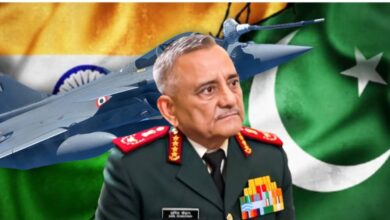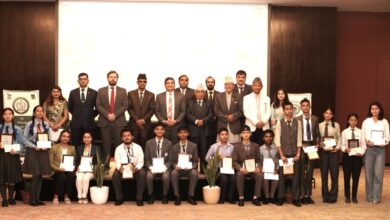Russian Interest, Nepali Silence, and Future Possibilities

#By Muna Chand
Although Russia and Nepal have decades-old relations, it is now an important time to redefine this relationship. Since the days of the former Soviet Union, Russia has been fostering its relations with Nepal as cultural, educational, technological, and humanitarian cooperation rather than political. If we do not take seriously the interest, proposals, and messages that Russia has shown towards Nepal at this time, Nepal may miss out on a significant opportunity in the long term.
The most serious concern is the proposal sent by Russia to assist Nepal in railway development. The proposal envisioned an infrastructure network that would encompass India, China, and Russia, taking into account Nepal’s geographical location. In Russia’s view, this was not just about developing physical infrastructure, but an initiative to build an alternative strategic format for collaboration in South Asia. However, unfortunately, the Nepalese government has not responded yet. Ignoring such a far-sighted proposal is not only political inaction, but also short-sightedness towards the future.
Russia’s interest is not limited to railways. Russia has also expressed its desire to conduct joint projects in education, technology, energy, health, hydropower design, and information convey systems. One example of this is the activeness carried out in Nepal through the Russian House in Kathmandu. This organization has been communicating directly with the young generation of Nepal. The recent message given by the organization’s director, Anton Maslov, is particularly meaningful: “Collect as much information as possible without relying on a single source. Come to your own conclusions and move forward. You have the ability to change the country and its future.”
This message is not just a word to raise awareness, but also a bell for ideological freedom in the era of information warfare. In Nepal, young people are currently falling prey to various rumors and misleading trends. In such situations, such international messages play an important role in strengthening information diversity, critical thinking, and national decision-making capacity.
Another issue that is of increasing serious concern to Russia is the participation of Nepali youth in the Russian military. After the news of some Nepali youth reaching Russia and joining the army became public, Russian analyst Alexander Isaev has openly expressed his views on the matter. He clearly stated that this issue is not just a personal decision, it can affect the sensitivity of bilateral relations. Isaev’s statement also contains a warning: if the depth of the relationship is not understood, wrong decisions could lead to national misunderstanding.
Russia is currently viewing Nepal’s geostrategic position as an opportunity. By balancing between India and China, Russia is keen to create an environment for long-term partnership in Nepal. Unless Nepal takes this opportunity seriously, it will neither be able to make substantial strides in infrastructure nor exercise diplomatic independence.
The possibilities as much as are seen in Russia-Nepal relations today, Russian willpower, interests, and proposals lie at the heart of it. Nepal’s role will now determine the direction of these possibilities, whether to strengthen the partnership through active dialogue or to squander the opportunity through silence.







